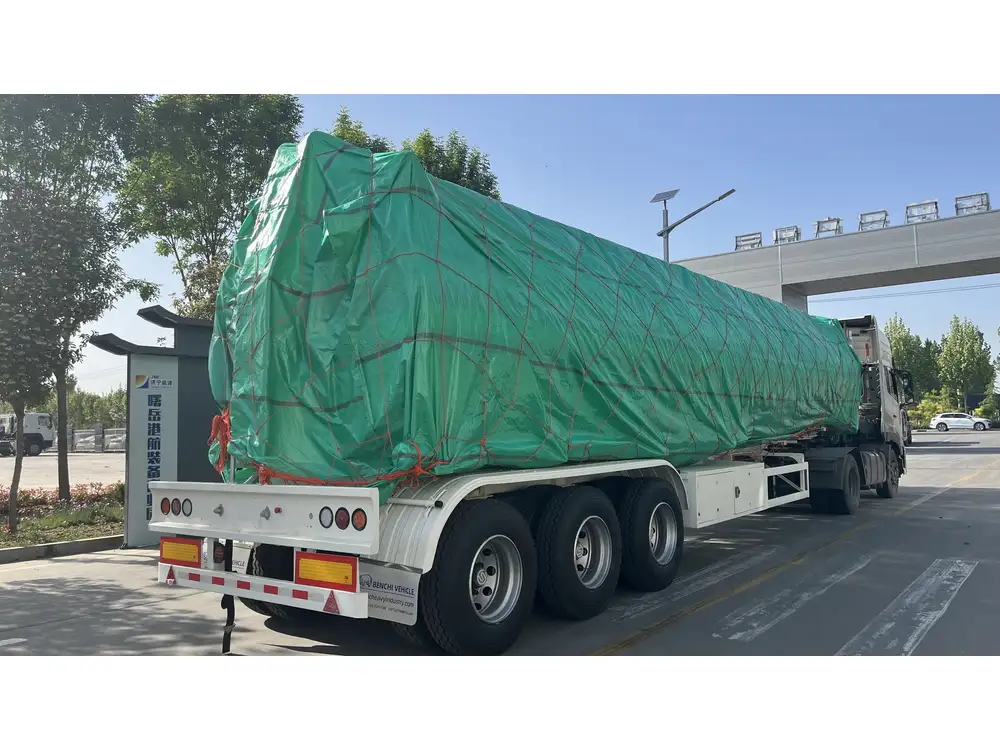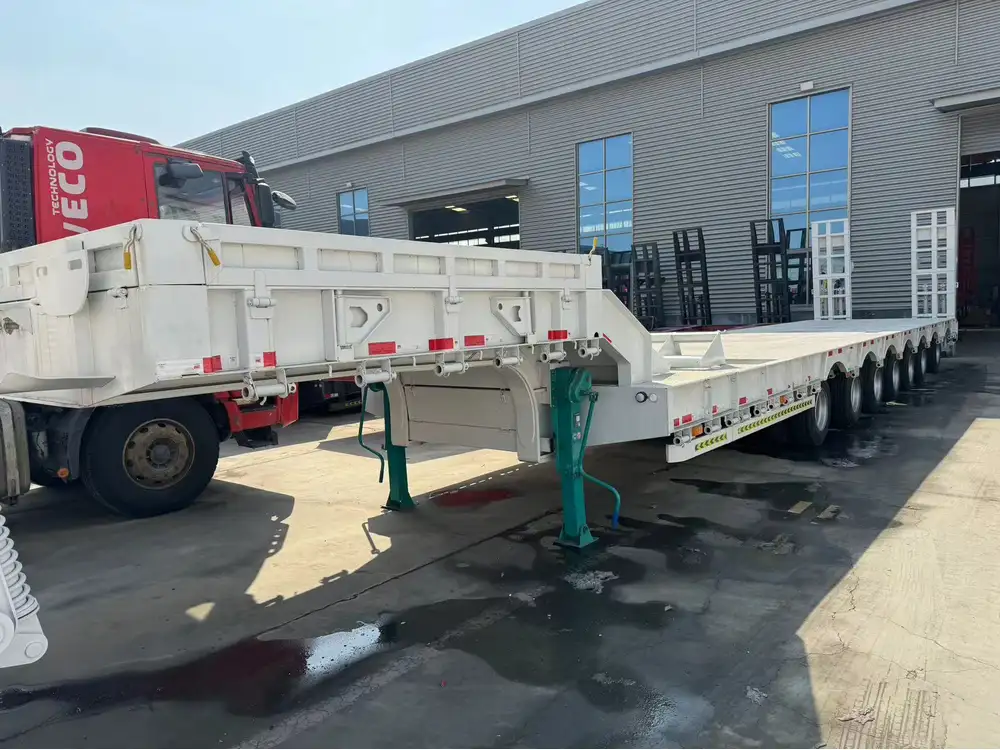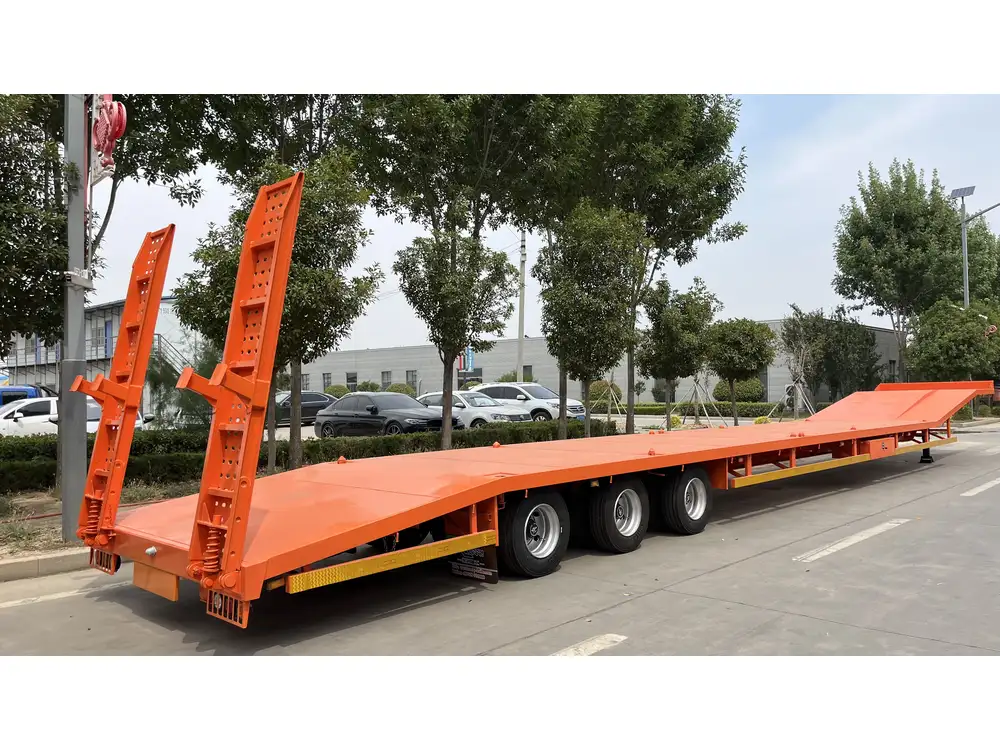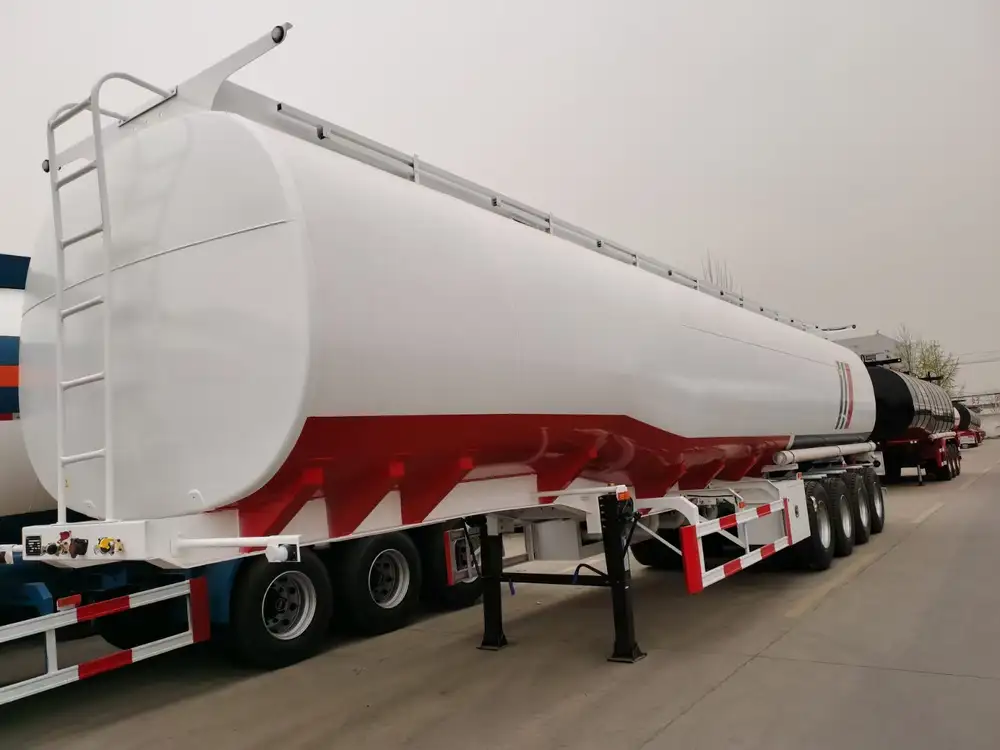The landscape of the freight and construction industries offers numerous opportunities for entrepreneurs looking to invest and grow. One such niche that has garnered considerable attention is the dump trailer business. But is a dump trailer business profitable? In this article, we will dissect the facets of this industry, explore its potential profitability, and provide insights into how to optimize success for ventures in this field.
Understanding the Dump Trailer Market
Overview of Dump Trailers
Dump trailers, designed to easily transport and unload materials such as gravel, sand, waste, and agricultural products, are indispensable tools for contractors, landscapers, and a variety of other businesses. The simplicity of their mechanical operation, coupled with their versatility and efficiency, makes them appealing for both commercial and individual use.
Table 1: Common Uses for Dump Trailers
| Industry | Common Uses |
|---|---|
| Construction | Transporting dirt, debris, aggregates |
| Landscaping | Moving mulch, plants, topsoil |
| Agriculture | Hauling feed, fertilizer, grain |
| Waste Management | Collecting and disposing of waste |

Demand Analysis
As urbanization increases, so does the need for construction and landscaping services, both of which rely on dump trailers. The rising trend of DIY home improvement projects further contributes to the demand for rental dump trailers, highlighting a dual-market landscape encompassing both sales and rental opportunities.
Is It Profitable? Analyzing the Financial Aspects
Startup Costs and Initial Investments
Starting a dump trailer business involves several cost considerations. Key initial investments include:
- Equipment Purchase: High-quality trailers range from $5,000 to $20,000 per unit, depending on size, features, and brand.
- Transportation and Logistics: Depending on the location and operation scale, transporting trailers may require additional investments in vehicles or logistics.
- Licensing and Insurance: Understanding state regulations and acquiring proper licensing can involve additional costs. Insurance for builder’s risk, liability, and collision is also crucial.
- Marketing and Branding: Allocating a budget for an online presence, advertising, and community engagement is essential to establish a brand.
Table 2: Estimated Startup Costs
| Expense Type | Cost Range |
|---|---|
| Equipment Purchase | $5,000 – $20,000 + |
| Transportation Vehicle | $15,000 – $50,000 |
| Licensing & Insurance | $1,000 – $5,000 |
| Marketing & Branding | $1,000 – $10,000 |

Revenue Streams
1. Sales of Dump Trailers: A straightforward revenue model stemming from direct sales of new and used dump trailers.
2. Rental Services: Many customers prefer renting rather than purchasing. This creates a consistent revenue stream with lower initial costs for consumers.
3. Maintenance and Repair Services: Offering routine maintenance can provide an additional layer of revenue and improve customer loyalty.
Average Profit Margins
On average, the profit margins in the dump trailer business can range from 10% to 30%. Costs vary significantly based on the business model, geographical location, and market demand. Understanding the local competition and setting pricing strategies that reflect market conditions is crucial.
Factors Influencing Profitability

Market Competition
1. Local Competitors: Analyze local competitors’ pricing and service offerings. Understanding your unique selling proposition (USP) can help in differentiating your offerings.
2. Market Saturation: Identify if the market is oversaturated. High competition can impact pricing and necessitate innovative marketing strategies.
Customer Segmentation
The target customer base for dump trailers can be segmented into businesses and individual consumers:
- Commercial Clients such as contractors and landscaping companies typically seek bulk rental or purchases for long-term projects.
- Individual Consumers might need dump trailers for short-term uses, such as home renovations.
Table 3: Customer Segmentation
| Customer Type | Characteristics | Sales Strategy |
|---|---|---|
| Commercial Clients | Bulk purchases, long-term rentals, business accounts | Customized contracts |
| Individual Consumers | One-time rentals or sales, DIY projects | Strong digital marketing |
Economic Influences
The dump trailer industry is sensitive to economic changes. A booming economy often correlates with increased construction and landscaping activities, thereby boosting the demand for dump trailers. Conversely, economic downturns can diminish demand as businesses cut back on expenditures.

Strategies for Increasing Profitability
Diversification of Offerings
Expanding the product line to include different types of trailers, such as car haulers, horse trailers, and heavy-duty models, can cater to a broader customer base. Catering to niche markets like eco-friendly trailers can also attract conscious consumers.
Optimization of Operations
Streamlining operational costs through efficient logistics, reducing maintenance downtime through regular service checks, and utilizing technology for inventory management can bolster profit margins. Implementing a CRM system to manage client interactions can also result in better service delivery.

Marketing Strategies
1. Online Presence: A well-designed website with SEO-optimized content can attract inquiries and leads. Utilize social media platforms to engage with your audience and create brand awareness.
2. Local Partnerships: Collaborate with construction firms, landscaping agencies, and municipalities. Such alliances can provide a steady influx of referrals.
3. Customer Testimonials: Positive experiences shared by previous clients can enhance credibility and attract new customers.
Focus on Quality and Service
Brand reputation is built on quality. Ensuring that every trailer sold or rented meets high-quality standards while also providing exceptional customer service can lead to repeat businesses and referrals.
Potential Challenges in the Dump Trailer Business

Maintenance Costs
As dump trailers are put to frequent use, wear and tear are inevitable. This translates into ongoing maintenance expenses. Budgeting for these costs is essential for financial health.
Regulatory Compliance
Navigating through licensing regulations, safety standards, and environmental restrictions can be daunting. Staying abreast of any changes in regulations is crucial to avoid legal pitfalls.
Market Volatility
Economic fluctuations can influence market conditions unfavorably. Keeping track of economic indicators and adapting business strategies accordingly can mitigate risks.

Conclusion: The Viability of a Dump Trailer Business
In conclusion, the profitability of a dump trailer business is contingent upon a variety of factors ranging from market demand to competition and operational efficiency. With a solid business plan centered around cost management, customer segmentation, and diversified revenue streams, launching a dump trailer enterprise can yield substantial returns.
By continuously evolving your offerings, enhancing operational efficiency, and adapting to market conditions, you can position your business favorably within the industry. Ultimately, while challenges exist, the prospect of establishing a successful dump trailer business remains bright for dedicated and strategic individuals willing to navigate this rewarding endeavor.
Call to Action
If you are considering entering the dump trailer market or seeking to optimize your current business model, it’s time to take action. Start conducting market research today, refine your business strategies, and position yourself to capitalize on the growing demand for dump trailers. Partner with us for all your semi-trailer needs and navigate the journey toward profitability confidently!



